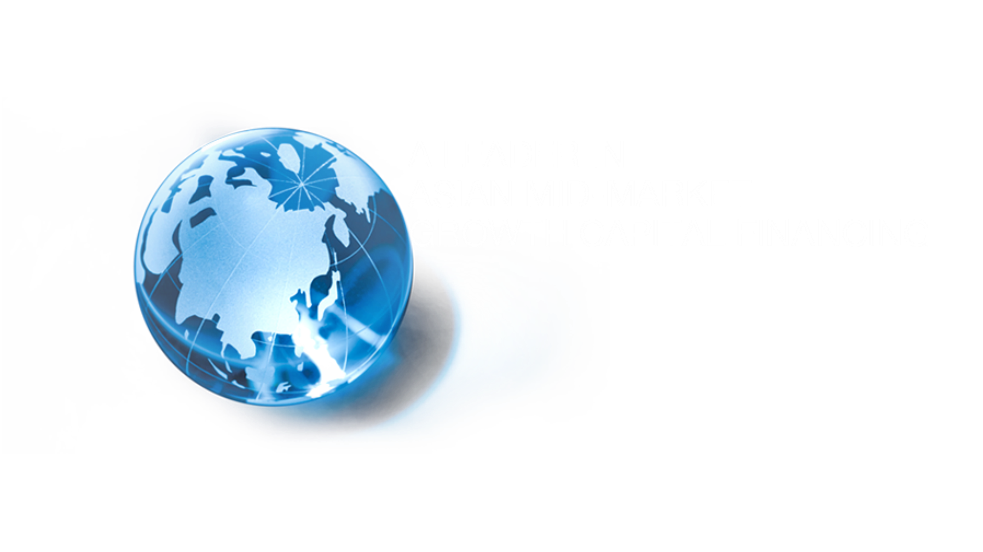

With every opportunity : Abax is your partner.

Your Gateway to Investment Opportunities in Asia.

In-depth Research. Analytical Insight.
Absolute Return.
Absolute Return.
-

-
Abax Global Capital Group is a signatory to the United Nations Principles for Responsible Investment and is committed to integrating ESG considerations into its investment processes.
